Are you a UV filter user and advocate? Or do you fall on the side of “you just don’t need them”? Photographers have long been debating the importance of UV filters, whether they actually offer better image quality, filtering capabilities, and most importantly, lens protection. To get to the bottom of it all, photographer Steve Perry puts a bunch of lenses and filters to the test. Watch as Perry performs a series of tests that, while not overly scientific, are smashingly entertaining:

Perry answers some of the most common questions out there.
Do You Need to Filter Out UV Light?
Sure, back in the film days, using a UV filter did help eliminate UV haze because film picked up the blue haze that was invisible to our eyes. However, with digital, and some modern film, this isn’t an issue anymore.
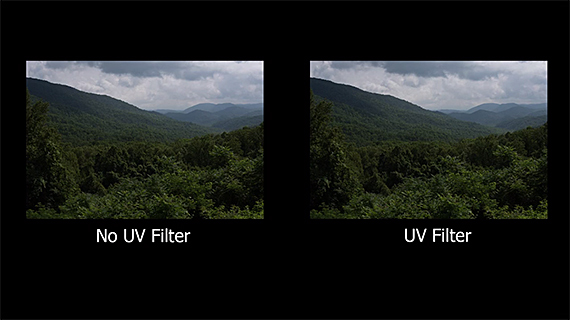
Taken with a Nikon D810
Does a UV Filter Impact Image Quality?
Even with a mid-ranger filter, there’s not much of a difference when it comes to image quality. Perry compares scenes with and without a filter, and while there is a very slight difference in sharpness, it’s pretty hard to see.
Now, there are times when a UV filter can actually harm the image, as they can create lens flare. If you’re shooting into a direct light source, it’s best to remove the filter.
Cheap Insurance?
Fair enough, a filter is significantly cheaper than a lens, but how much protection does it really offer?
A lens can be repaired—you don’t need to buy a new one if the front element gets scratched.
Of course, the cost will vary from lens to lens. But, if you’re buying a lot of filters, that will add up anyway, and might even exceed the cost of a lens repair.
Weigh the expense versus the protection.
Are UV Filters Worth the Hassle?
If you’re a photographer who likes to use a polarizer, then UV filters can become a nuisance. Since stacking filters isn’t really a good idea, you’d have to remove the polarizer every time you want to attach the UV filter. This might not seem like a big deal, but if you’re juggling a few filters, a tripod, your camera and other equipment while shooting on unstable terrain, it makes things slightly more complicated.
And the question we’ve all been waiting for…
Do UV Filters Really Protect Your Lens?
This is where the video gets fun! Perry manufactured his very own lens smashing device to test a bunch of used lenses and filters. He adds weights to the device and drops them onto the lenses and filters to see which ones can take the hardest hits. These results are pretty shocking!
Check out all the results here.
Perry also tested the lenses with filters attached and even did a drop test where he dropped each lens from different heights. This is where internal damage of the lenses really started to appear.
The main point of the tests: UV filters cannot withstand nearly as much impact as lenses. So, they’re probably not protecting your lens as much as you would have liked to believe.
Like This Article?
Don't Miss The Next One!
Join over 100,000 photographers of all experience levels who receive our free photography tips and articles to stay current:
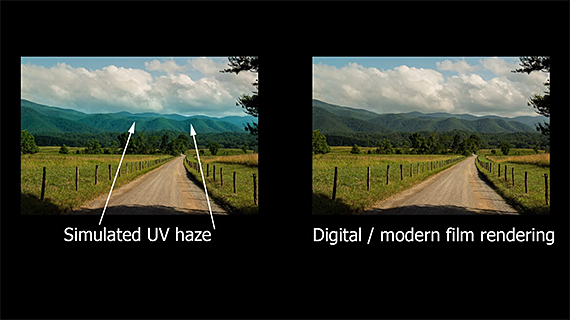
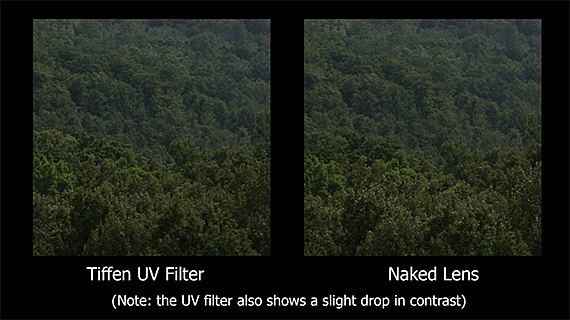
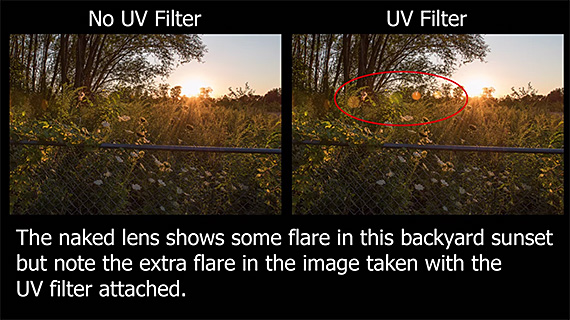
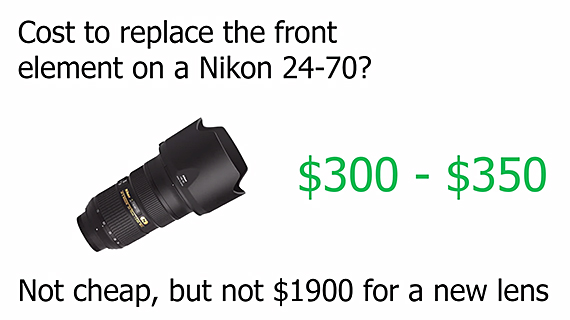
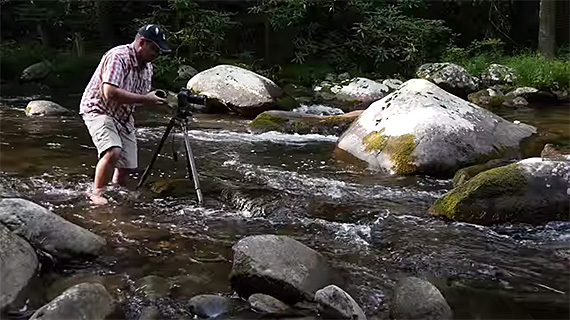
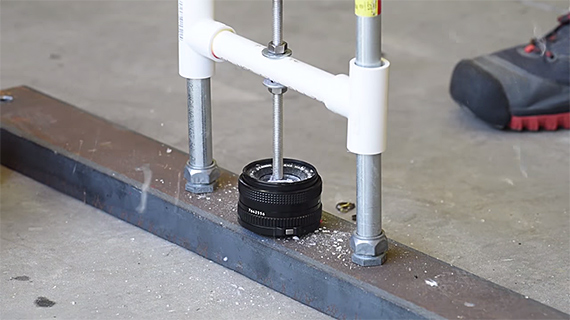
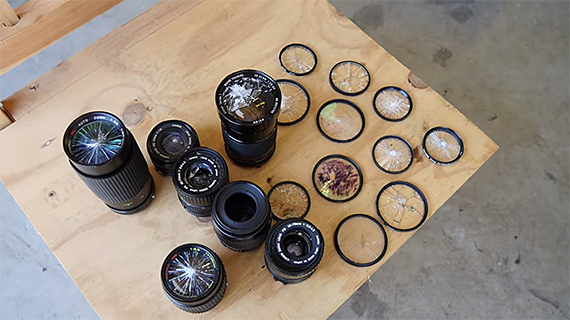


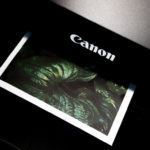
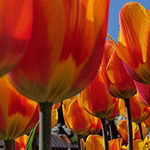


In real life it has been proven that the UV filter is very useful.EX..When photographing through bushes and branches of trees,it protects you from scratches..when I can drop drops on the lens frequently I prefer to clean the UV filter than the lens.Frequent cleaning of the lens with a microfiber can affect the protective layer on the first lens…In the digital environment, the UV filter only has a protective role
Well, now I know not to drop a large spike on my lenses when they’re facing upward. Honestly, I doubt a lens cap would offer much protection from that, either.
However, my lenses have an inordinate ability to rub their caps off in most of my bags, sometimes losing them well enough that I end up unloading the entire bag to find them. Better to let the filter take whatever abrasions they can find rubbing against other things in the bag. Then there’s the whole business of shooting in dusty environments: some nights at a dirt track can stir up so much dust, you may as well put a stack of skylights/UV’s on them and just take them off one by one as the night goes on, rather than trying to stop and clean your lens. Sure, the MSRP on a skylight’s cheaper, but when there isn’t much difference, or the UV may even be a bit cheaper, why not got UV?